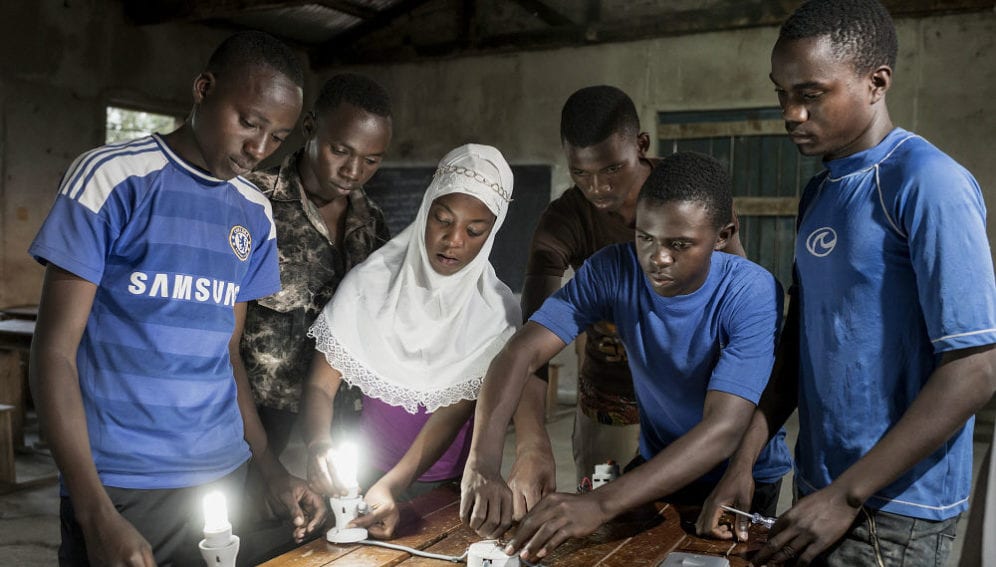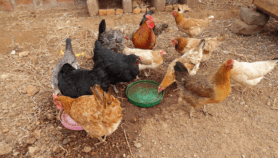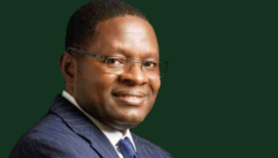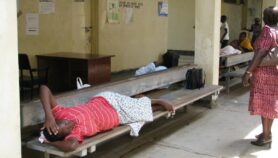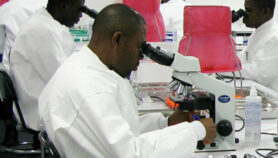By: Jacquie Ogada
Send to a friend
The details you provide on this page will not be used to send unsolicited email, and will not be sold to a 3rd party. See privacy policy.
[NAIROBI] Africa’s reluctance to use research to improve public policy is impeding the development of the continent.
But even more frustrating, to me, is that the continent appears to be involving women and the youth less in research and developmental issues. This is too bad for my continent.
Listening to speakers at the African Evidence Informed Policy Forum held in Kenya last week (6-7 March), I could not help feeling a tinge of anger at how research and innovation are not being used to guide and define policymaking processes in Africa. For how long will our continent be held back because of this? I wondered quietly.
African countries need to effectively use research to improve public policy in order to attain sustainable socioeconomic growth.
Jacquie Ogada
For instance, mobile phones could be used as an effective channel for engaging the youth and women in policy formulation and implementation. African countries need to effectively use research to improve public policy in order to attain sustainable socioeconomic growth.
The vibrant discussions at the Think Tank Initiative conference that was convened by the Master Card Foundation and International Development Research Centre also made me realise that Africa needs to deliberately include women and youth in areas such as financial practices. For example, encouraging women and the youth to open bank accounts from a very early age could improve savings culture in Sub-Saharan Africa.
Women and the youth form a large percentage of the population, and thus deserve more attention as important economic agents. The contributions of women and the youth are left largely obscured because they mainly work in the informal sector where their impact is not adequately quantified or measured.
As I listened keenly to the experts, I realised that strategies such as reducing the age limit of youth owning a phone are necessary for generating, sharing and using evidence to support informed decision making on sustainable development issues and policies that are important to women and youth.
The challenges faced by women and youth include limited to financial capability, time and mobility constraints, low number of mobile ownership, poor infrastructure and heavy burden of regulations, especially in rural areas.To our policymakers, I want to say, it is vital for women and youth to be included in decision-making processes to make them empowered to help boost economic growth in Sub-Saharan Africa.
This piece was produced by SciDev.Net’s Sub-Saharan Africa English desk.


